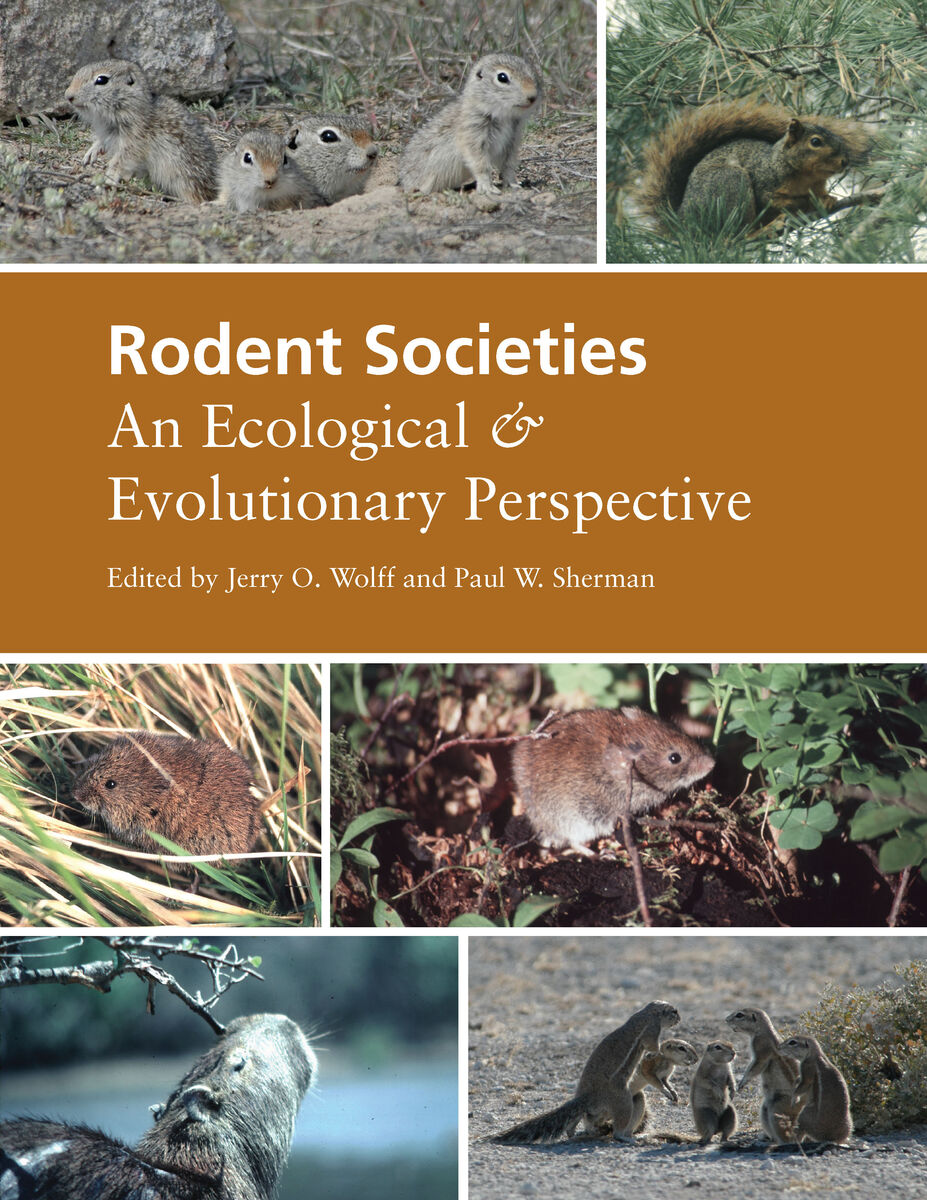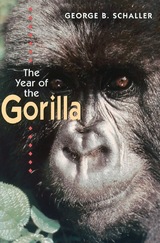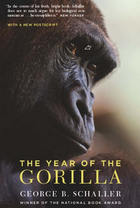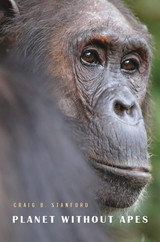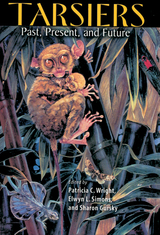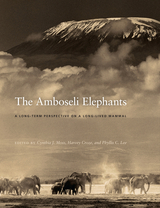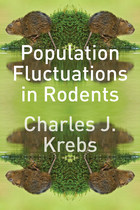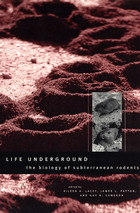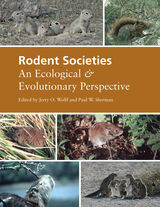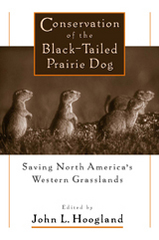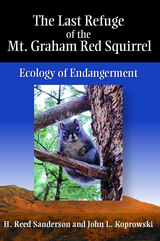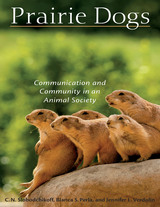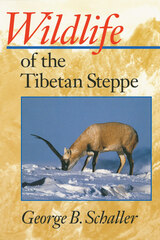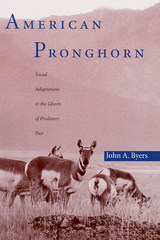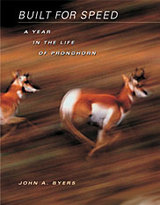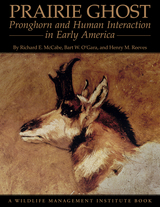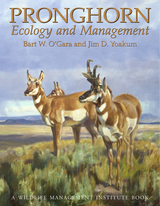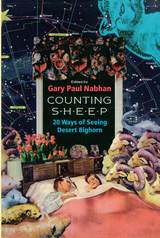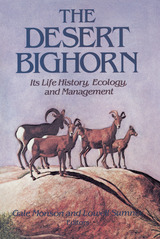Introduction
1 Rodents Societies as Model Systems
Jerry O. Wolff and Paul W. Sherman
2 Rodent Evolution, Phylogenetics, and Biogeography
Rodney L. Honeycutt, Laurence J. Frabotta, and Diane L. Rowe
Sexual Behavior
3 Male Mating Strategies in Rodents
Jane Waterman
4 Reproductive Strategies in Female Rodents
Nancy G. Solomon and Brian Keane
5 Sexual Selection: Using Social Ecology to Determine Fitness Differences
Lara S. Carroll and Wayne K. Potts
6 A Phylogenetic Analysis of the Breeding Systems of Neotomine-Peromyscine Rodents
Matina C. Kalcounis-Rüppell and David O. Ribble
7 Alternative Reproductive Tactics and Strategies of Tree Squirrels
John L. Koprowski
Life Histories and Behavior
8 Fast and Slow Life Histories of Rodents
F. Stephen Dobson and Madan K. Oli
9 Acceleration and Delay of Reproduction in Rodents
Lee C. Drickamer
10 Sexual Size Dimorphism in Rodents
Albrecht I. Schulte-Hostedde
11 Facultative Sex Ratio Adjustment
Robert S. Sikes
12 The Role of the Stress Axis in Life-History Adaptations
Rudy Boonstra, J. M Barker, J. Castillo, and Q. E. Fletcher
13 Dispersal and Philopatry
Scott Nunes
14 Gene Dynamics and Social Behavior
F. Stephen Dobson
15 Social Behavior and Self-Regulation in Murid Rodents
Charles J. Krebs, Xavier Lambin and Jerry O. Wolff
Behavioral Development
16 Neural Regulation of Social Behavior in Rodents
J. Thomas Curtis, Yan Liu, Brandon J. Aragona, and Zuoxin Wang
17 Ontogeny of Adaptive Behaviors
Jill M. Mateo
18 Social Learning by Rodents
Bennett G. Galef Jr.
19 Kin Recognition in Rodents: Issues and Evidence
Warren G. Holmes and Jill M. Mateo
Social Behavior
20 Parental Care
Betty McGuire and William E. Bemis
21 The Ecology of Sociality in Rodents
Eileen A. Lacey and Paul W. Sherman
22 Scent Marking
S. Craig Roberts
23 Nonparental Infanticide
Luis A. Ebensperger and Daniel T. Blumstein
24 Social Organization and Monogamy in the Beaver
Peter Busher
25 Evolution of Pacifism and Sociality in Blind Mole Rats
Eviatar Nevo
Antipredator Behavior
26 Social and Antipredator Systems: Intertwining Links in Multiple Time Frames
Donald H. Owings and Richard G. Coss
27 The Evolution of Alarm Communication in Rodents: Structure, Function, and the Puzzle of Apparently Altruistic Calling
Daniel T. Blumstein
28 Fear and the Foraging, Breeding, and Sociality of Rodents
Hannu Ylönen and Joel S. Brown
Comparative Socioecology
29 Ecology, Kinship, and Ground Squirrel Sociality: Insights from Comparative Analyses
James F. Hare and Jan O. Murie
30 Evolution of Sociality in Marmots: It Begins with Hibernation
Kenneth B. Armitage
31 Environmental Constraints and the Evolution of Sociality in Semifossorial Desert Rodents
Jan A. Randall
32 Comparative Social Organization and Life History of Rattus and Mus
Manuel Berdoy and Lee C. Drickamer
33 Social Organization and Resource Use in Capybaras and Maras
David W. Macdonald, Emilio A. Herrera, Andrew B. Taber, and José Roberto Moreira
34 Social Structure in Octodontid and Ctenomyid Rodents
Eileen A. Lacey and Luis A. Ebensperger
35 Socioecology of Rock-Dwelling Rodents
Karen Nutt
36 African Mole-Rats: Social and Ecological Diversity
Chris G. Faulkes and Nigel C. Bennett
37 Alarm Calling, Multiple Mating, and Infanticide among Black-Tailed, Gunnison’s, and Utah Prairie Dogs
John L. Hoogland
Conservation and Disease
38 Issues in Rodent Conservation
William Z. Lidicker Jr.
39 Conservation of Ground Squirrels
Beatrice Van Horne
40 Conservation of Prairie Dogs
John L. Hoogland
41 Social Behavior, Demography, and Rodent-Borne Pathogens
Richard S. Ostfeld and James N. Mills
Conclusions
42 Conclusions and Future Directions
Paul W. Sherman and Jerry O. Wolff
Index
